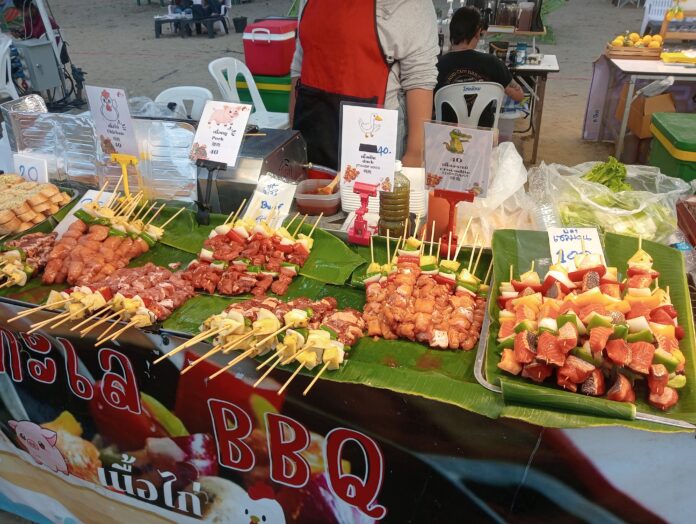Thailand-
On May 20th, 2025, Thai food delivery platform Robinhood announced a strategic redirection agreement with foodpanda Thailand.
This agreement, effective immediately, facilitates a seamless transition for foodpanda’s customers, restaurant partners, and delivery riders to Robinhood as foodpanda prepares to cease its operations in Thailand by May 23, 2025 as we previously covered here. Far from a mere handover, this deal is part of Robinhood’s ambition to strengthen its foothold and expand business opportunities in a market valued at $4.2 billion in 2024.
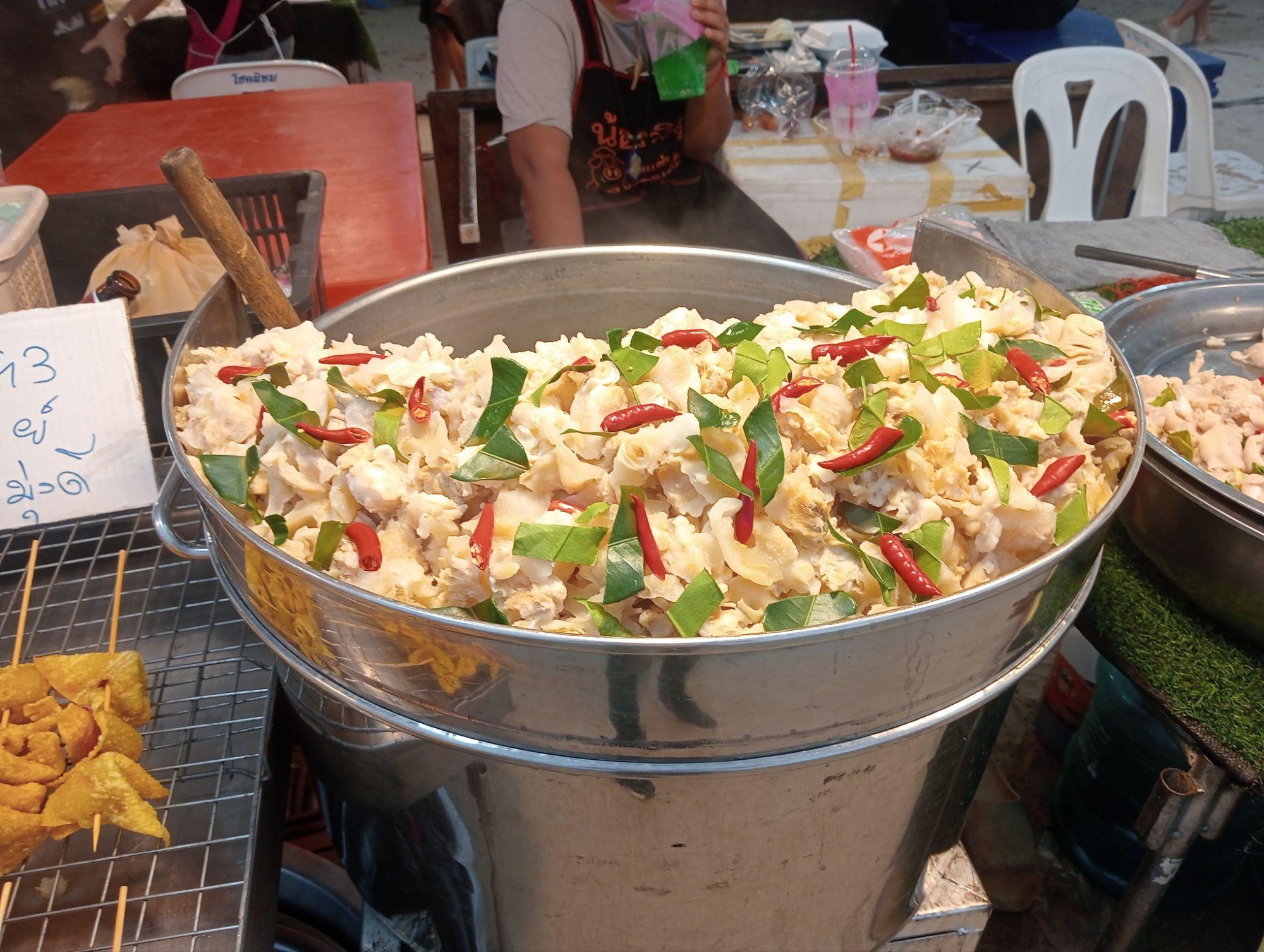
The agreement comes as foodpanda, a subsidiary of Berlin-based Delivery Hero, exits Thailand after 13 years, citing market conditions misaligned with its long-term strategy. Despite its extensive network across all 77 Thai provinces, foodpanda struggled with a 5% market share and accumulated losses of 13.8 billion baht from 2014 to 2023. The decision follows Delivery Hero’s failed attempts to sell parts of its Southeast Asian operations.
Robinhood, operated by Purple Ventures Co., Ltd., a subsidiary of the Yip In Tsoi Group, is stepping in to ensure continuity for foodpanda’s ecosystem. The Thai-born platform, initially launched by Siam Commercial Bank (SCB) in 2020 to support small businesses during the COVID-19 pandemic, has upgraded its app to be more English-language friendly, catering to international customers previously served by foodpanda. This enhancement is particularly good in tourist hubs like Pattaya, where foreign visitors rely on accessible food delivery services.

Morakot Yipintsoi, CEO of Robinhood, talked about the company’s dedication to a smooth and inclusive transition. “This agreement marks a big moment in Thailand’s food delivery industry—demonstrating how international brands and local platforms can team up to deliver innovation and continuity,” she said.“We are committed to welcoming foodpanda’s customers and partners with open arms, ensuring a smooth, human-centered transition based on fairness, service quality, and care.”
Thailand’s food delivery market is a battleground dominated by Grab (46% market share) and Line Man Wongnai (40%), with smaller players like ShopeeFood (7%) and Robinhood (2%) vying for growth. foodpanda’s exit presents Robinhood with a golden opportunity to absorb a portion of its customer base, restaurant partners, and riders, potentially elevating its market position. Robinhood’s database, which primarily serves small restaurants, will now complement foodpanda’s network of medium to large establishments.
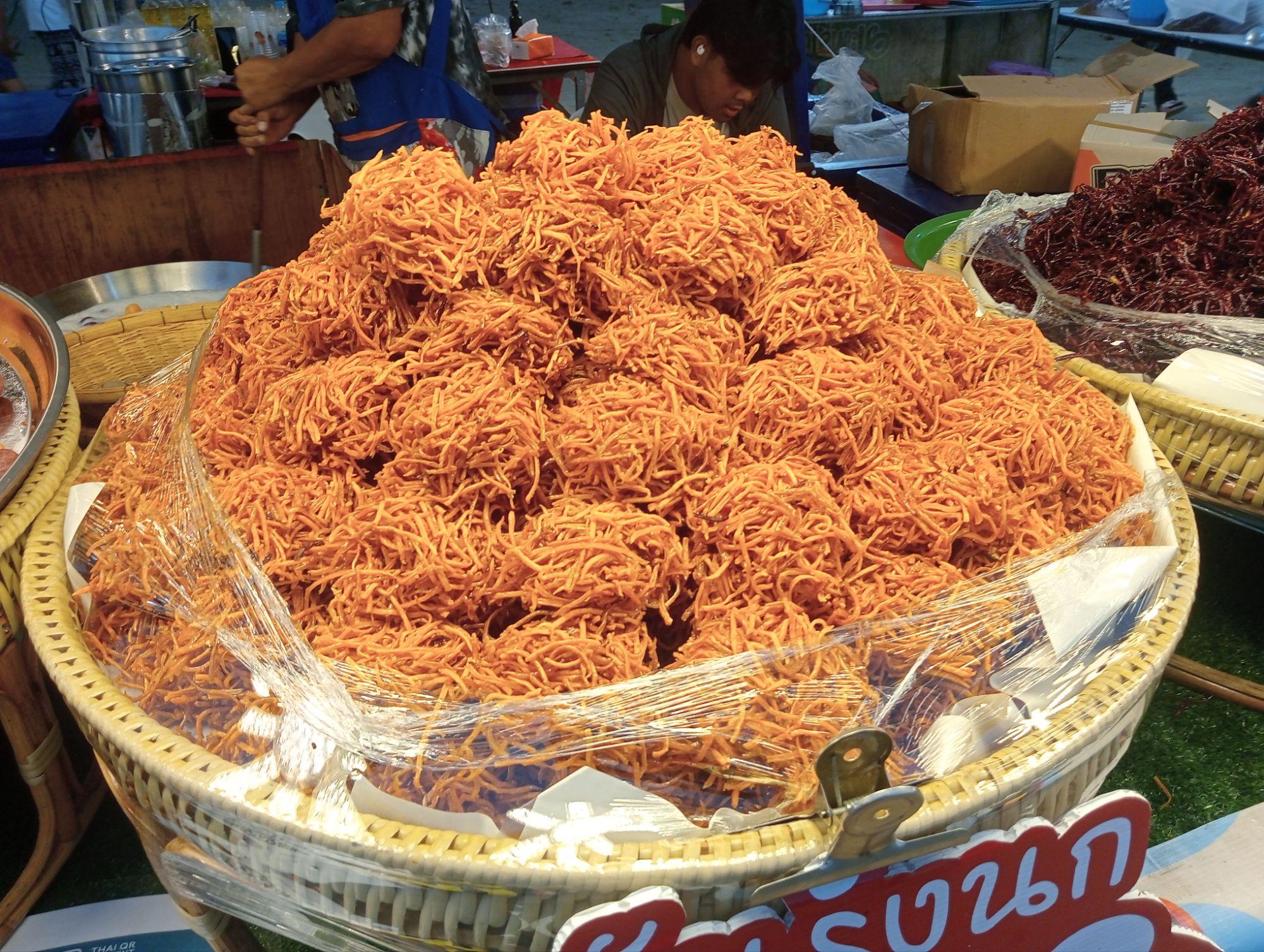
To support this expansion, Robinhood plans to extend its services beyond Bangkok and its surrounding provinces to key regional cities by the end of 2025. This move aligns with the company’s long-term vision of becoming a “Thai Super App,” offering not only food delivery but also travel, shopping, and express delivery services. The planned launch of “Robinhood Mart,” a platform for Thai handicraft products aimed at international buyers, further signals its intent to diversify and tap into global markets.
Robinhood’s rise is rooted in its community-driven ethos, established during its inception as a socially responsible platform. Unlike competitors criticized for high commission fees (20–40% in some cases), Robinhood initially launched with a no-commission model to support small merchants. While it now operates as a commercial entity under Yip In Tsoi, the platform continues to prioritize fair compensation, transparent working conditions, and long-term support for its riders. Its policy of avoiding order batching ensures meals are delivered fresh, enhancing customer satisfaction and rider well-being.
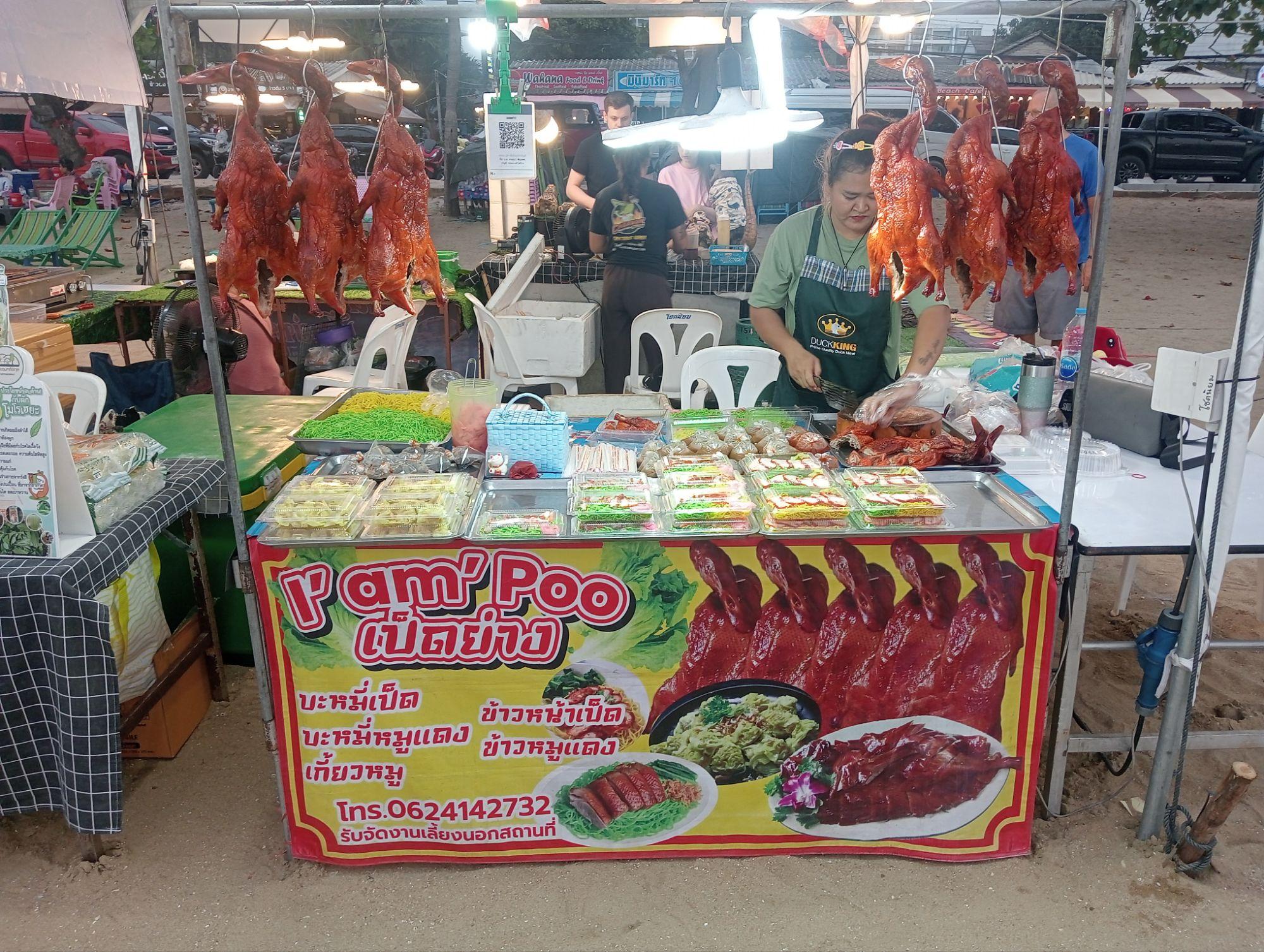
The strategic redirection agreement also positions Robinhood as a boutique service, as articulated by Morakot Yipintsoi. “Robinhood needs to reposition itself as a boutique service—small, niche, and sophisticated—offering an easy-to-understand, charming, and straightforward experience with lower commission fees,” she noted. This focus on quality over aggressive promotions contrasts with the industry’s earlier reliance on “artificial demand” driven by heavy discounts, a phase Grab’s country head, Chantsuda Thananitayaudom, acknowledged as unsustainable.
The agreement has sparked discussions about the future of Thailand’s food delivery market. Analysts suggest the sector is maturing, with only two to three major players likely to dominate due to the need for economies of scale. Line Man Wongnai’s CEO, Yod Chinsupakul, noted that foodpanda’s exit could shift competition from price to quality, enabling sustainable profits and innovation. Robinhood’s entry as a stronger contender could prevent a duopoly, offering consumers more choice and fostering a healthier competitive landscape.
Looking ahead, Robinhood aims to break even in 2025 and plans to list on the stock market within three years. Its acquisition of foodpanda’s ecosystem, coupled with strategic expansions like Robinhood Mart and enhanced English-language support, positions it to capture a growing share of Thailand’s 120–150 billion baht online food delivery market.
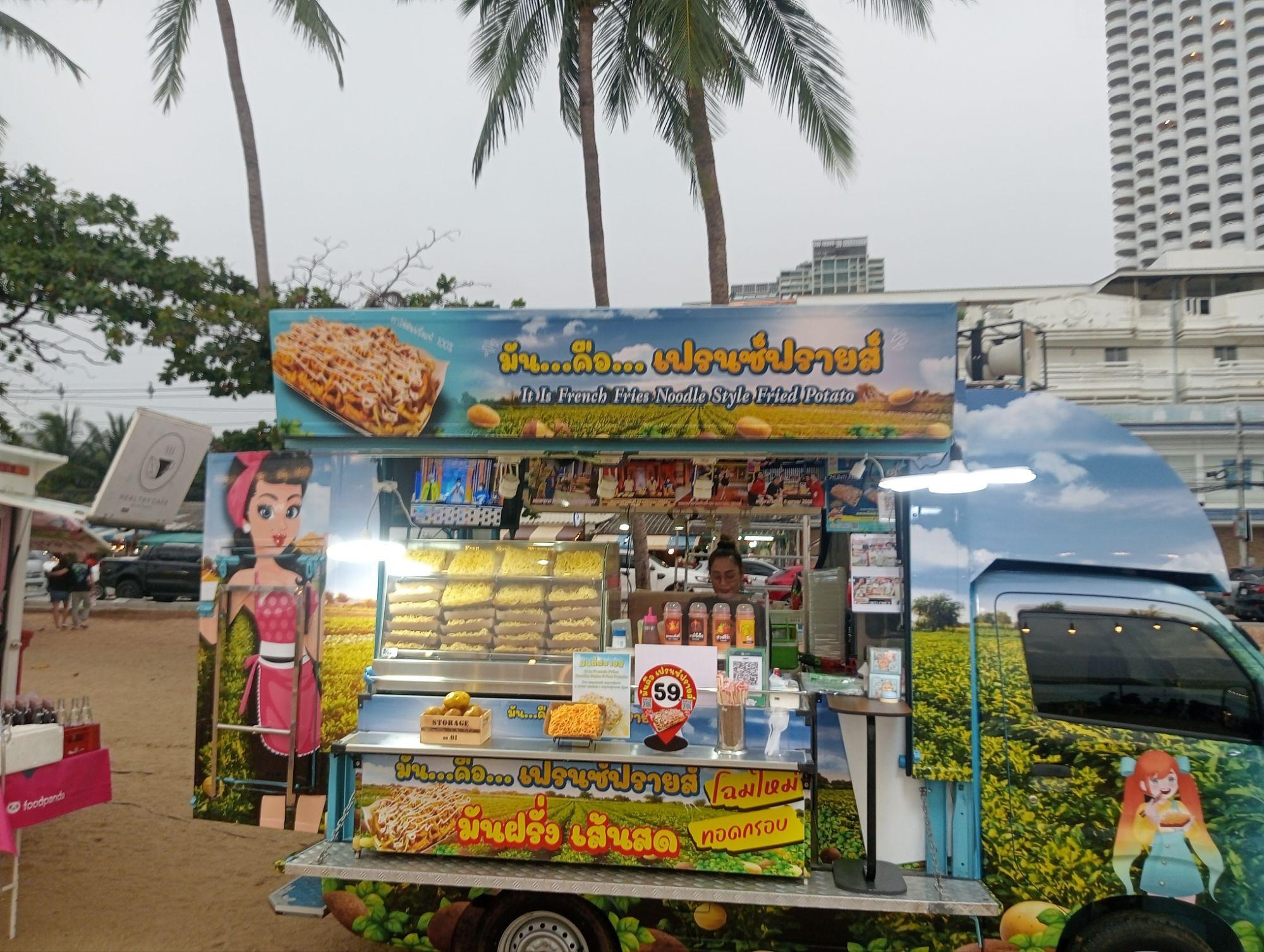
Photos: Market food at a recent event in Pattaya, photos by Adam Judd for TPN Media.



